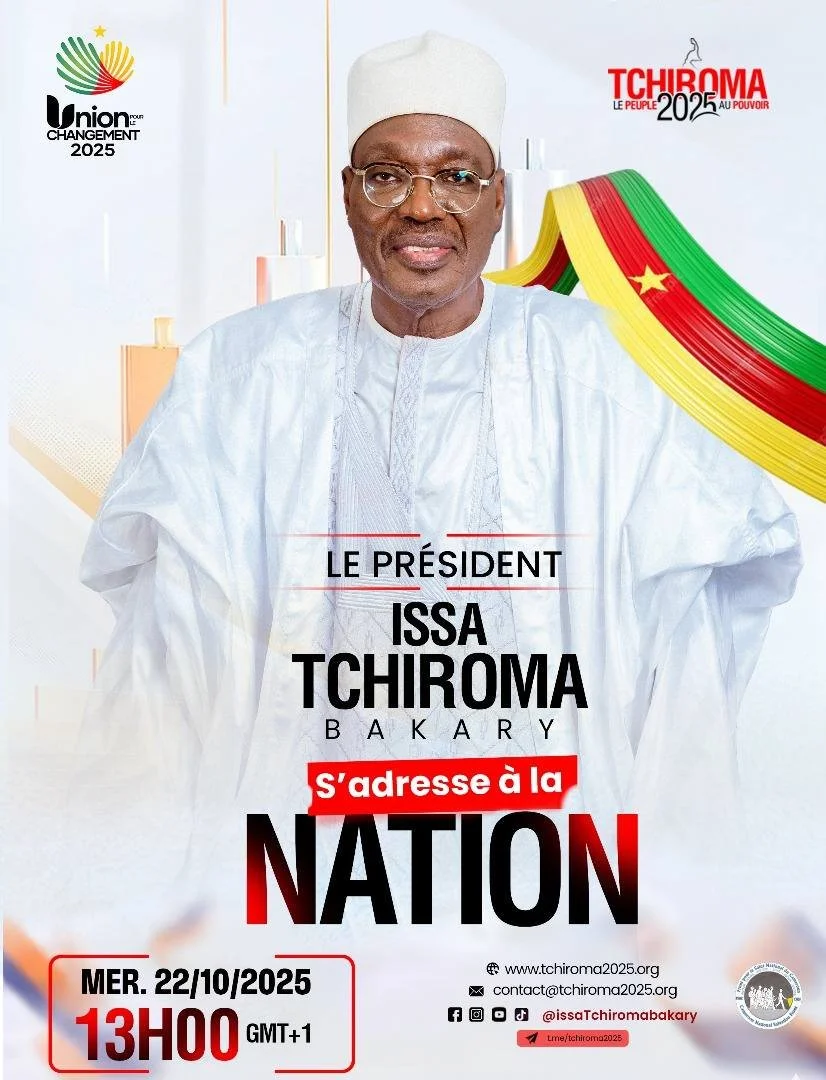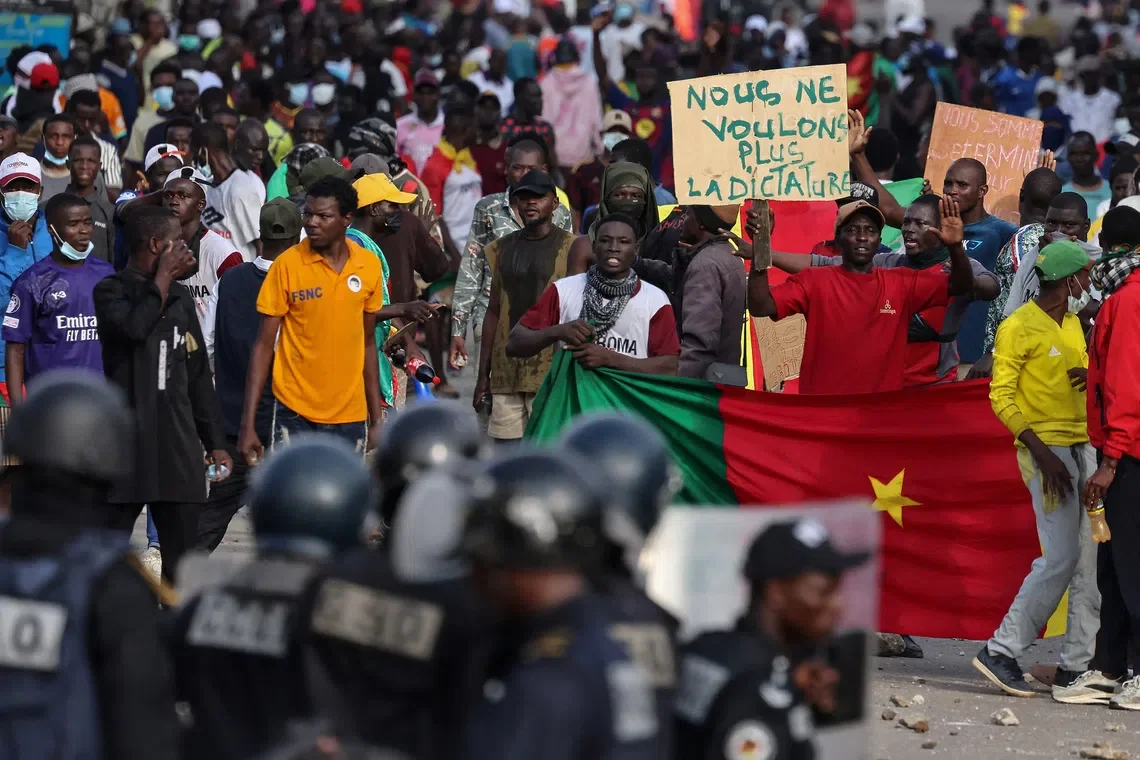Cameroon Votes Again: Power, Protest, and the People’s Call for Renewal as Paul Biya Declared Victor
As the Constitutional Council declared Paul Biya the victor of Cameroon’s presidential elections, his eighth consecutive term since 1982, the nation stands at a familiar yet uneasy crossroads. Official results gave Biya 53.66% of the vote, but the announcement has been met with widespread protests, allegations of fraud, and growing calls for change from a restless population.
For many Cameroonians, this is more than a political cycle. It is a reckoning with a past that feels unyielding and a future they are determined to reclaim.
A Legacy of that Refuses to Fade
Paul Biya’s tenure, spanning over four decades, has shaped every layer of Cameroonian life—from the economy and media to the way power is imagined. Once credited for steering the nation from a one-party state to a multiparty democracy in the 1990s, his rule has since come to symbolize endurance at the expense of renewal.
Critics argue that the administration’s control over electoral laws and media narratives has curtailed genuine political competition. Yet, Biya’s supporters continue to view him as a stabilising force in a region often marked by volatility.
Cameroon President, Paul Biya. Photo credit: UPI.com
A Nation of Abundance and Uneven Promises
Known as "Africa in miniature," Cameroon boasts a diverse landscape and an abundance of natural resources, including oil, timber, and minerals. The economy is characterised by a blend of agriculture, forestry, and oil production. With a population of approximately 27 million people and over 200 ethnic groups, the nation is rich in cultural diversity. However, despite its wealth in resources, Cameroon faces significant economic challenges, including high unemployment rates and a reliance on oil revenues that have proven volatile.
The Opposition: Issa Tchiroma Bakary
Issa Tchiroma Bakary, representing the Cameroon National Salvation Front (FSNC), emerged as the main challenger to Biya in this election. Bakary campaigned on promises of reform and economic diversification, resonating with many disenchanted voters. His stronghold in the Far North region saw significant support, but he has since rejected the official results, claiming victory and alleging widespread electoral fraud. The Constitutional Council reported that Bakary received 35.19% of the votes, a figure he contests vehemently.
Opposition leader, Issa Tchiroma Bakary/Facebook
Between Protest and Possibility
The announcement of Biya's victory has triggered widespread protests across the country. In Douala, clashes between security forces and protesters resulted in at least four deaths and numerous injuries. Demonstrators took to the streets in cities such as Garoua and Maroua, demanding that authorities recognise Tchiroma's claims of victory. Reports indicate that security forces employed tear gas and live ammunition to disperse crowds, escalating tensions further.
In the wake of the unrest, opposition leaders have faced arrests, and there are alarming allegations of snipers targeting protesters near Bakary's residence. The government has responded by accusing the opposition of inciting violence and attempting to disrupt the electoral process, a narrative that many in the opposition reject as a tactic to justify repression.
Despite the tension, there is an unmistakable pulse of civic awakening with young Cameroonians shifting from being passive by-standers in the political process to demanding agency. Reports have been documenting youth-led civic education efforts (workshops, youth networks) across different regions of Cameroon.
Supporters of Issa Tchiroma Bakary, protest on the street against the official result. Photo: The Strait Times
Looking Ahead
As Paul Biya embarks on his eighth term, Cameroon’s challenge is political and generational. The path forward will depend on whether emerging leaders, reform advocates, and everyday citizens can sustain the push for transparency and inclusion in public life.
Cameroon’s youth representing over 60% of the population are already defining new forms of engagement: from digital activism to cooperative enterprises, community radio, and civic education campaigns. The opposition and civil society groups are likely to continue challenging the legitimacy of the election results, and the ongoing violence raises concerns about the future of democracy and stability in the country. With a youthful population increasingly disillusioned by the lack of opportunities and the oppressive political environment, the demand for reform and accountability is likely to intensify.
The coming months will be critical for Cameroon as it navigates this turbulent period. The resilience of its citizens in the face of adversity and their quest for a more just and inclusive political system will play a significant role in shaping the nation's future. The path forward may be fraught with challenges, but the hope for change persists among many Cameroonians, eager for a brighter tomorrow.




